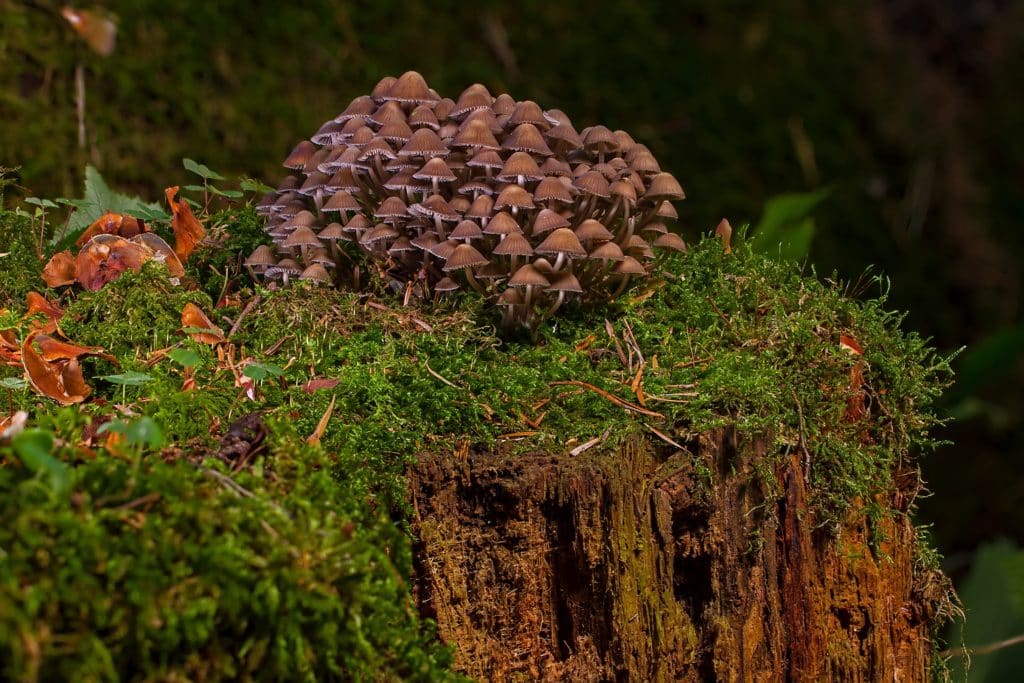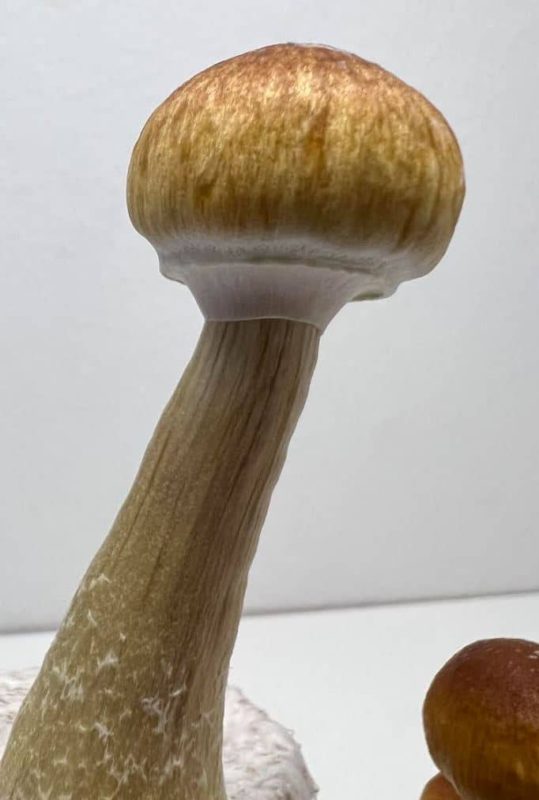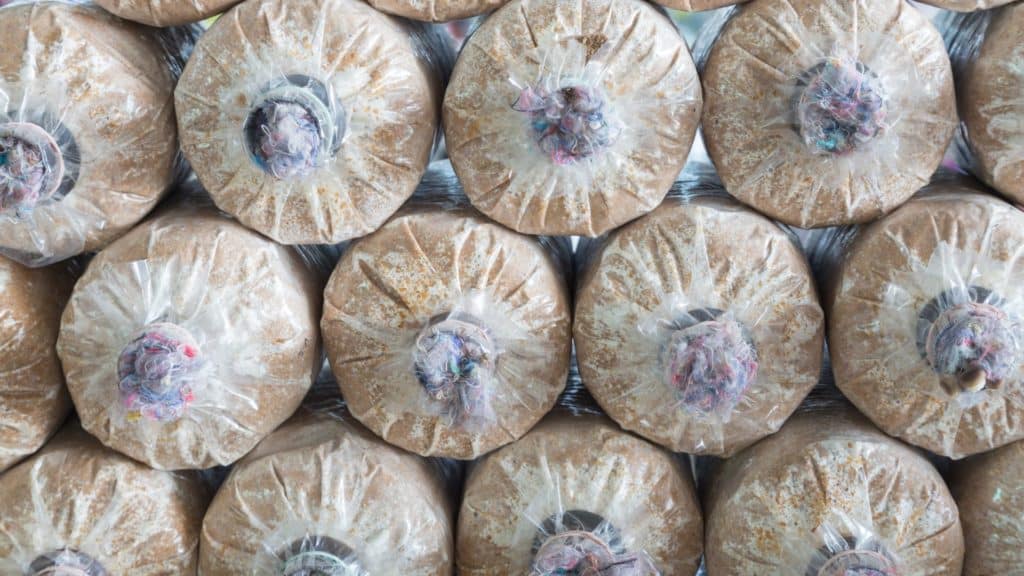Many different mushroom strains are currently being experimented with throughout the US. Combined with celebrity endorsement of cubensis compounds and more biomed companies experimenting with specials, the legislation surrounding mushrooms is rapidly changing. In addition, the promise that has been shown in using mushrooms as a mental health therapy continues to grow. In response to this, there are regular changes in where mushrooms are legal in the US. If you’re interested in where mushrooms is legal within the United States, keep reading!

History of Psychedelics
We know that these mushrooms have been used for centuries, thanks to the documentation of their mind effects. However, since 1970, The United States federal government has been classified as a Schedule I controlled substance.
While they are illegal at the federal level, specific laws can vary significantly by state. At this time, some states have made the possession and use of small amounts of mushrooms decriminalized. Others have made them legal for medical or recreational use. Today, there are many efforts underway with the goal of changing the legal status of mushrooms. Many advocates of decriminalization believe that its status has not actually prevented people from using mushrooms. They believe that it has instead led to unnecessary punishment and criminalization of people. In addition, they cite the findings that there are potential therapeutic benefits to the substance. For example, it has shown promising results as treatment for depression, anxiety, and addiction.
What Do Mushrooms Do?
Recent small, clinical trials have shown that low doses of mushrooms can have long-lasting effects on people with certain conditions when given in a therapeutic setting. One of these conditions include treatment-resistant major depressive disorder. In fact, the US Food and Drug Administration (FDA) responded to this research, describing mushrooms as a breakthrough medicine. Other conditions research is focusing on include cluster headaches, anxiety, anorexia, obsessive-compulsive disorder (OCD), and substance abuse.
But what do mushrooms do to the brain that is inspiring this promise? They enter the brain using the same receptors as the body’s “feel good” hormone serotonin. People with the mental health conditions mentioned above often have low levels of serotonin. That is why a common treatment for these conditions is selective serotonin reputake inhibitors (SSRIs), which work to boost the level of serotonin available to brain cells. However, it can take weeks before any improvement is felt on these medications. In a lab setting, mushrooms have shown changes in brain connectivity within 30 minutes, which can relieve common mental health symptoms. That is why research is continuing to expand on the substance and its possible uses.

Cubensis Characteristics
Cubensis is a specific type of mushroom that contains the active compounds. This characteristic is what has caused many governments around the world to make mushrooms illegal. Another characteristic of cubensis is that it is easy to cultivate in comparison to other types of mushrooms. Visually, cubensis has the characteristics of a large stem and widened caps. There are over 60 different strains of cubensis, each with their own unique characteristics. Certain strains have heightened hallucinogenic effects, with some being up to twelve times more potent!
Where Are Mushrooms Legal in the US?
The one state where mushrooms are legal in the US is Oregon. It is also fully decriminalized in the District of Columbia. Meanwhile, there are some states where mushrooms are decriminalized only in selected municipalities. These states are California, Colorado, Massachusetts, Michigan, and Washington.
What Is the Difference Between Legalization and Decriminalization?
It’s important to note that mushrooms are not fully legal for recreational use anywhere in the United States. The states and districts we noted above have legalized the possession and use of mushrooms only for therapeutic purposes and under certain conditions.
When a substance is decriminalized, there will be no criminal charges if someone is found using or in possession of it. They may still receive civil penalties, such as referral to a treatment program or a fine. However, they will not have to go through the court system and will not affect employment, housing, or travel opportunities. In other words, there will be penalties, but no criminal charges.
On the other hand, legalization removes all penalties – both criminal and civil – for the possession and personal use of a substance. There are still typically regulations put in place to manage where and how the substance can be produced, sold, and consumed. Put simply, people can use the substance without worrying about potentially being convicted or fined. As examples, think of alcohol or cigarettes.

Keep Up With Changes to the Mushroom Industry With Quality Spores
The answer to where mushrooms are legal in the US will likely change over the next few years. However, progress will be slow as there are many difficulties in updating special legislation. As you can see already, some cities have created their own legislation for the substance, despite it being illegal at the state and federal level. Meanwhile, some states have decriminalized the substance, while it still remains illegal. If you’re looking for a source where you can keep up with these changes as they happen, visit our blog regularly. We’ll keep you updated on the most important changes to the special industry.
